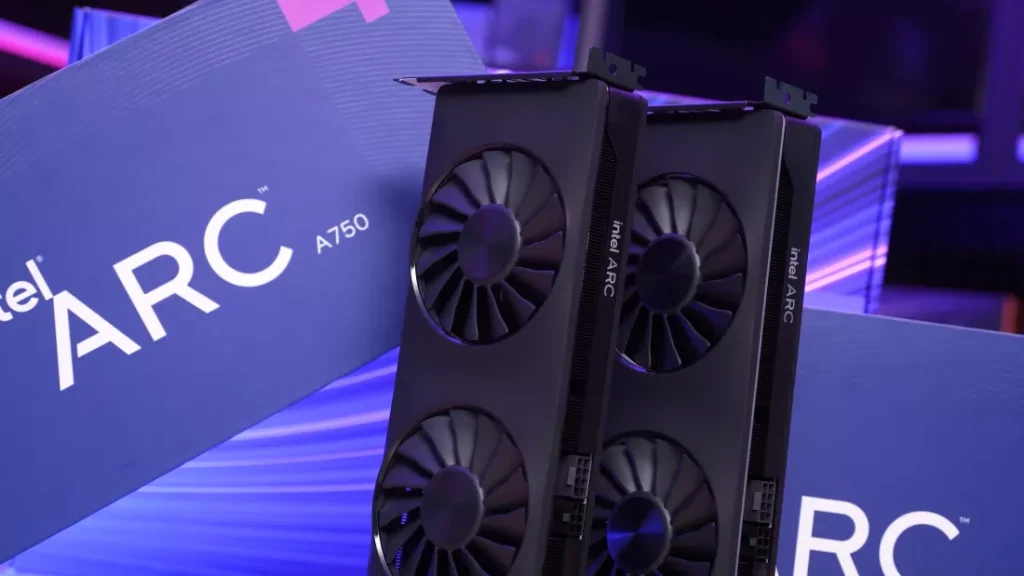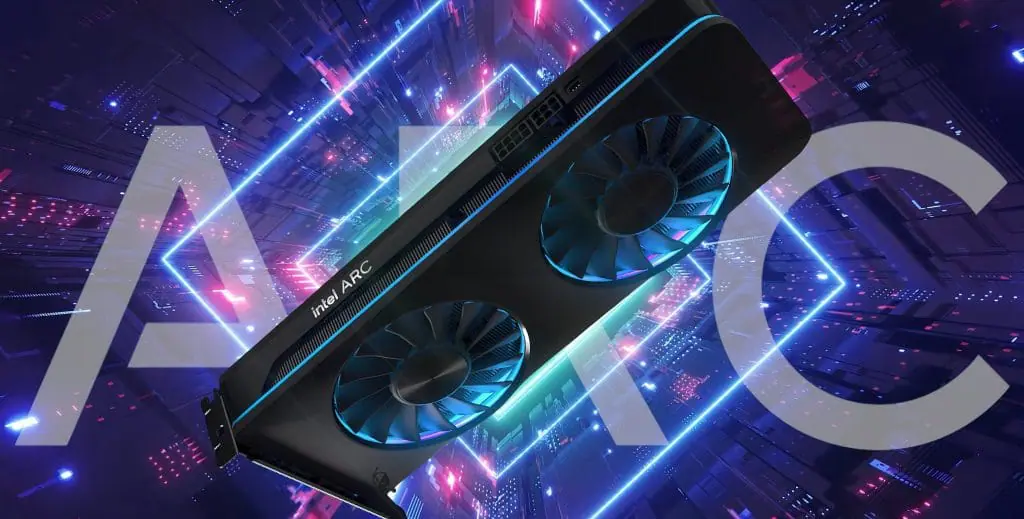Rumors have long suggested Intel plans to launch its second generation of desktop graphics cards in late 2024, with no signs of significant delays. While details on specifications, performance, and pricing are scarce, the new GPUs could arrive ahead of competitor releases from AMD and Nvidia. Could this be Intel’s final attempt at desktop GPUs before potentially exiting the market again?
Trusted leaker Golden Pig Upgrade hinted that Intel’s upcoming Arc Battlemage desktop graphics cards will debut in December. Although little is known about the target market segment, the tipster described Battlemage’s performance as “wonderful.”
Battlemage will follow Arc Alchemist, Intel’s first dedicated GPU series launched in 2022. The most powerful Alchemist model, the Arc A770, was roughly on par with Nvidia’s GeForce RTX 3060, suggesting Battlemage will focus on mid-range and entry-level cards.
Reports indicate three Battlemage GPUs: BMG-G10, BMG-21, and BMG-31. The most powerful, BMG-G10, isn’t expected to be released for consumer use, implying Intel isn’t targeting the high-end enthusiast space dominated by GPUs like the RTX 4090 or the upcoming RTX 5090.
Meanwhile, BMG-31 seems to be an entry-level or mobile-focused card, with the same number of Xe graphics cores as the A770. In September, an unidentified Battlemage card powered by the BMG-G21 chip, equipped with 12GB of VRAM and a 2,850 MHz boost clock – an unprecedented speed for any graphics card – was spotted on Geekbench.

A mainstream-focused strategy would align with AMD’s plans for its RDNA 4 lineup, likely branded as the Radeon RX 8000 series.
AMD’s next-generation GPUs are also not expected to compete with Nvidia’s flagship RTX 5090, rumored to feature 32GB of GDDR7 VRAM and a 600W TDP. Both lineups are anticipated to appear at CES 2025 in late January, with launches expected throughout the first quarter of the year.
Previous reports suggested that Intel aimed to start shipping Battlemage cards before Black Friday in late November. While they might miss that target, a December release would still benefit from holiday shopping, giving Intel a competitive edge against AMD and Nvidia.
The Alchemist series faced significant shipping delays in 2022, which impacted its performance compared to competitors. These delays, along with initially poor drivers (which have since improved), significantly reduced Intel’s GPU market share.
Recently, CEO Pat Gelsinger indicated that Intel will reduce investment in discrete graphics due to declining demand. This could mean that the next generation of Intel GPUs, Arc Celestial, may be scaled back or potentially canceled.





